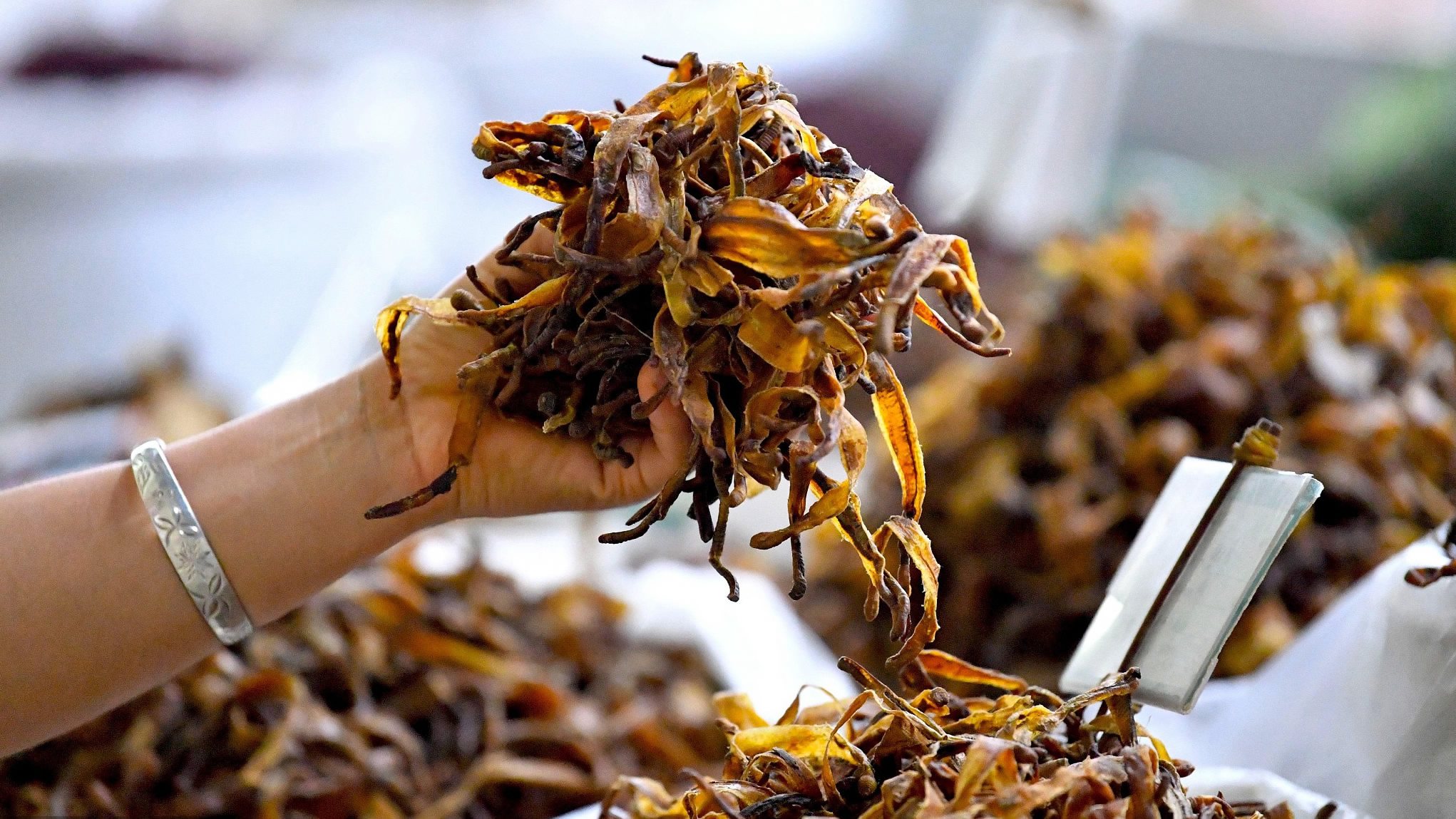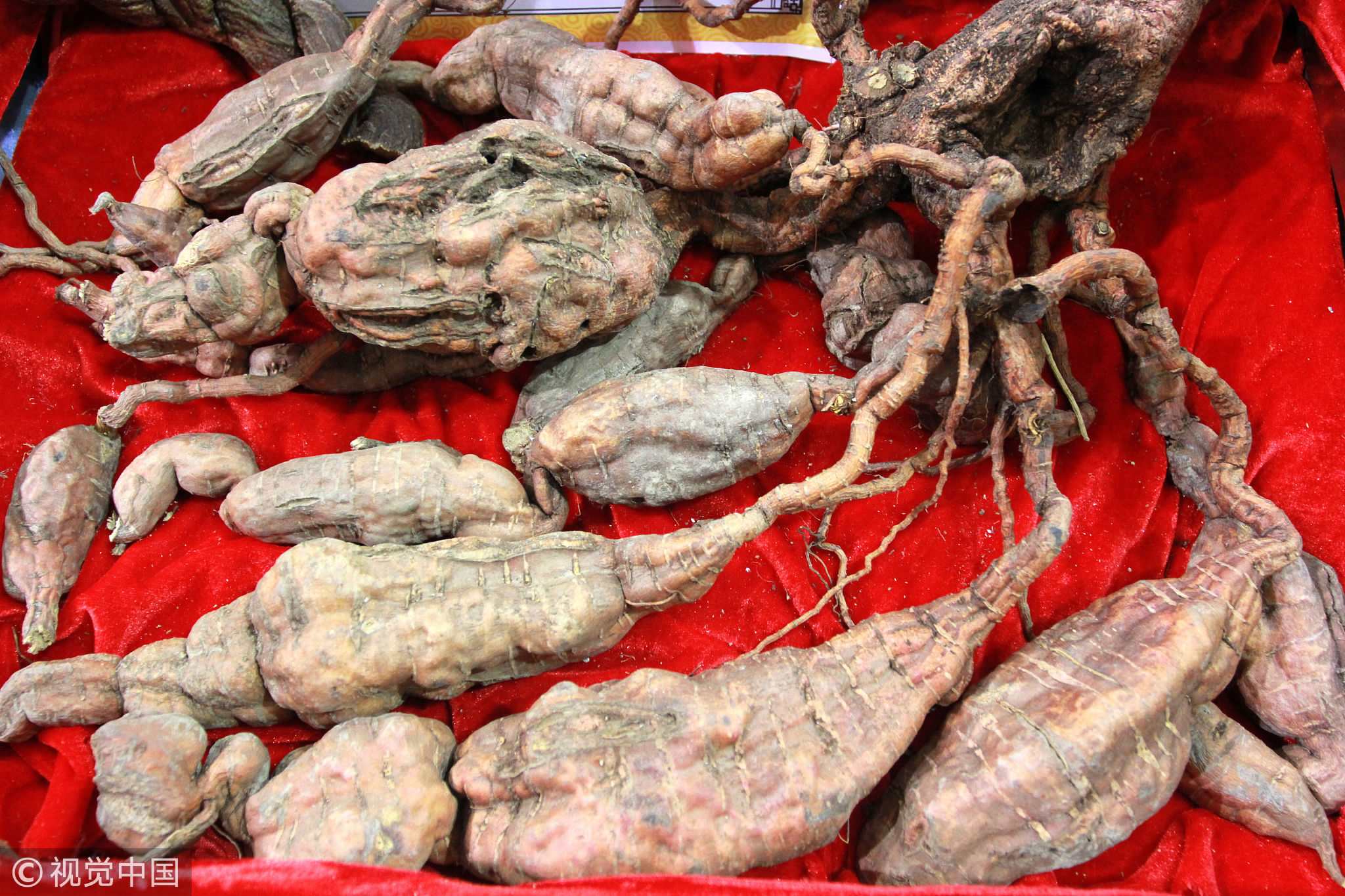
China
23:05, 05-Feb-2018
A Chinese medicine class at Zhejiang University
CGTN

A traditional Chinese medicine course at Zhejiang University is so popular that it is always oversubscribed.
The 93 students taking a course class have been told they can prepare medicines by themselves and give medical consultation but reminded that they can’t diagnose patients if they don’t have the qualification of Chinese medicine practitioners.
The class cover areas such as foot baths, hair care, even alchemy. The students were divided into 19 groups, each of which researched a topic related to traditional Chinese medicine for a period of seven weeks. They reported the research results with a five-minute presentation at the end of the semester.

Traditional Chinese medicine /VCG Photo
Traditional Chinese medicine /VCG Photo
Wang Yi, the professor of this class, received the students’ reports. He found that many groups choose “foot bath” as their research topic. They recorded weekly foot bath experiences. Pharmacological freshman Zhao Yiming, leading his team, found a traditional prescription from an ancient Chinese medicine book, written by famous pharmacist Zhang Zhongjing in the Eastern Han Dynasty. The five members used the prescription to bathe their feet for four weeks.
In addition to food bath, hair care is also a favorite topic of research. More and more people worry about the problem of graying hair and hair loss. Three groups found that a traditional medicine to cure hair issue is polygonum multiflorum. Professor Wang reminded the students, however, that "eating polygonum is risky, because it contains anthraquinones and other ingredients with liver toxicity. It recommends using for external application."

Polygonum multiflorum / VCG Photo
Polygonum multiflorum / VCG Photo
Professor Wang started his lecture in 2009. He has been running it for eight years in the traditional Chinese medicine course. Every year, almost 400 undergraduate students plan to take this lecture at Zhejiang University, but fewer than 100 students can take it as an elective course.
Wang said that the number of students this semester is 93, the very limit of course capacity.
He said that the course has already had an impact on students. The understanding of ancient Chinese medicine will be gradually integrated into the Chinese culture.

SITEMAP
Copyright © 2018 CGTN. Beijing ICP prepared NO.16065310-3
Copyright © 2018 CGTN. Beijing ICP prepared NO.16065310-3